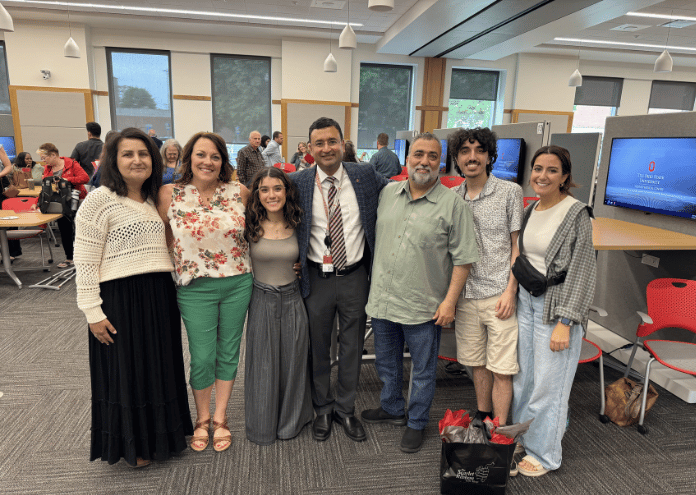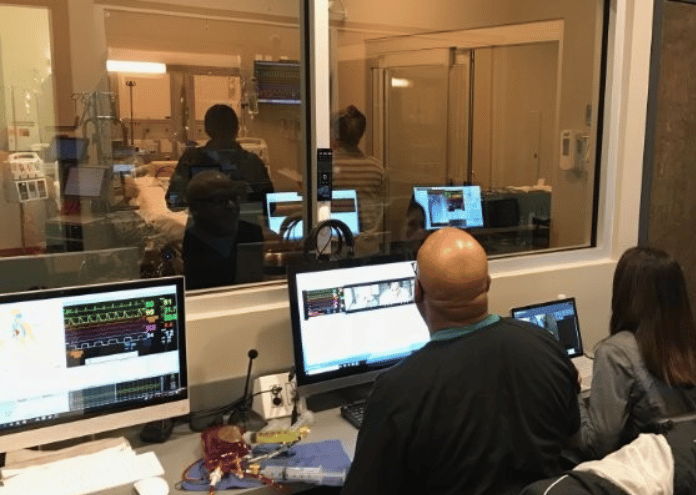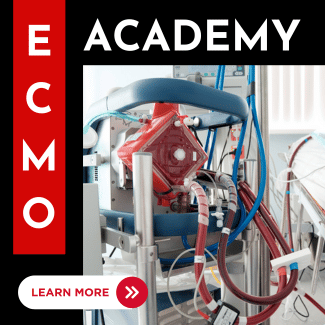In the realm of critical care medicine, the integration of artificial intelligence (AI) is not just a futuristic concept—it’s a present-day reality that’s transforming patient outcomes. At the forefront of this medical revolution is Monash University’s team of engineers and cardiologists, who have developed a groundbreaking AI algorithm that predicts the survival rates of patients dependent on extracorporeal membrane oxygenation (ECMO PAL).
ECMO: A Lifeline for the Critically Ill
ECMO is a form of life support used for patients with severe heart and lung failure. It acts as an external heart-lung machine, taking over the function of these organs to allow them to rest and heal. While ECMO can be a lifesaver, it’s also a complex and costly intervention, making the decision to use it a critical one.
Enter AI: The ECMO Predictive Algorithm (ECMO PAL)
The visionary team at Monash University, led by biomedical engineer Dr. Andrew Stephens and cardiologist Dr. Michael Šeman, has harnessed AI to create the ECMO Predictive Algorithm, or “ECMO PAL.” This AI-powered tool is the first of its kind, trained and validated on a large international patient cohort.
How Does ECMO PAL Work?
ECMO PAL utilizes a deep neural network (DNN)—a system that mimics human learning—to analyze data from over 18,000 patients treated with ECMO across more than 400 centers worldwide. By recognizing patterns and interactions in this vast dataset, ECMO PAL can predict patient outcomes with remarkable accuracy.
The Impact of ECMO PAL
The AI-derived model outperforms existing survival scores, providing reliable predictions that are generalizable across different geographic regions and patient groups. This means that ECMO PAL can assist healthcare professionals in making informed decisions about patient selection, management, and resource allocation.
The Future is AI
As clinical practices and patient populations evolve, so too will ECMO PAL. The system is designed to continue learning, ensuring that the algorithm remains up-to-date and accurate. This adaptability is a testament to the potential of AI in healthcare—constantly improving, constantly saving lives.
Conclusion
The work of Monash University’s team is a beacon of hope for critical care medicine. By integrating AI into ECMO patient care, they’re not just predicting outcomes—they’re changing them. As we look to the future, it’s clear that AI will play an increasingly vital role in transforming healthcare, one algorithm at a time.
This blog post is inspired by the innovative research conducted by Monash University’s team, which has been recognized by the Cardiac Society of Australia and New Zealand (CSANZ) for its significant contributions to the field. For more information on ECMO PAL and its development, please refer to the original articles and resources provided by Monash University.










